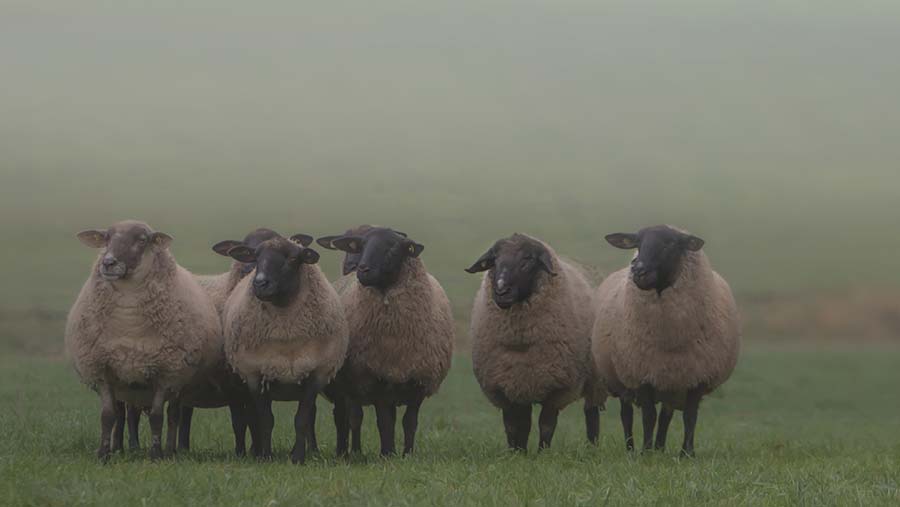Unusual weather increases late liver fluke risk in livestock
 © Daniela/Adobe Stock
© Daniela/Adobe Stock A smorgasbord of odd weather events means sheep and cattle farmers should be wary of a late liver fluke challenge this season.
Abattoir and post-mortem reports suggest liver fluke activity increased later in 2023 after very few sightings in the autumn, according to a joint press release from leading parasite experts.
A cold, dry spring, hot early summer, wet July and August, mini September heatwave and heavy rain through autumn and early winter have pushed the timing of liver fluke losses back, say the Control of Worms Sustainably and Sustainable Control of Parasites in Sheep groups.
See also: Liver fluke: Symptoms, diagnosis, treatment and prevention
“We have seen a steady increase in the number of people using the Elisa blood test this year,” says Rebecca Mearns of the Sheep Veterinary Society and Biobest Laboratories.
“Until quite recently, most samples were negative. But, in common with post-mortem data and increases in liver condemnations in November and December, we are seeing more positive samples coming through.
“Do not rely on an early negative test. If you keep livestock, you need to keep testing throughout the season.”
You can read more about the control of liver fluke in cattle here and in sheep here.
Testing advice for liver fluke
- Do not think you are safe because early fluke tests were negative – continue testing through the winter if liver fluke is a risk, using the Elisa blood test
- Adult fluke will typically be present in the livers of infected livestock, so faecal testing methods can be used
- Dung samples can be tested for an antigen produced for liver fluke (coproantigen)
- Ask your vet or adviser which is the most appropriate method of control on your farm
- Keep testing – flukicides have no residual activity, so they offer no protection for livestock that were treated earlier in the season if they meet a fluke challenge again. Risks are farm-specific, so the best way to avoid potential losses is to keep testing
- Rumen fluke is usually nothing to worry about, but if stock are looking poor, losing weight or dehydrated, ask your vet about risks from immature rumen fluke, as these will not be detected using a faecal egg count. Adult rumen fluke should not be routinely dosed for
Source: Dr Philip Skuce, Moredeun Research Institute; Diana Williams, University of Liverpool; Dr John Graham-Brown, University of Liverpool, and National Animal Disease Information Service
